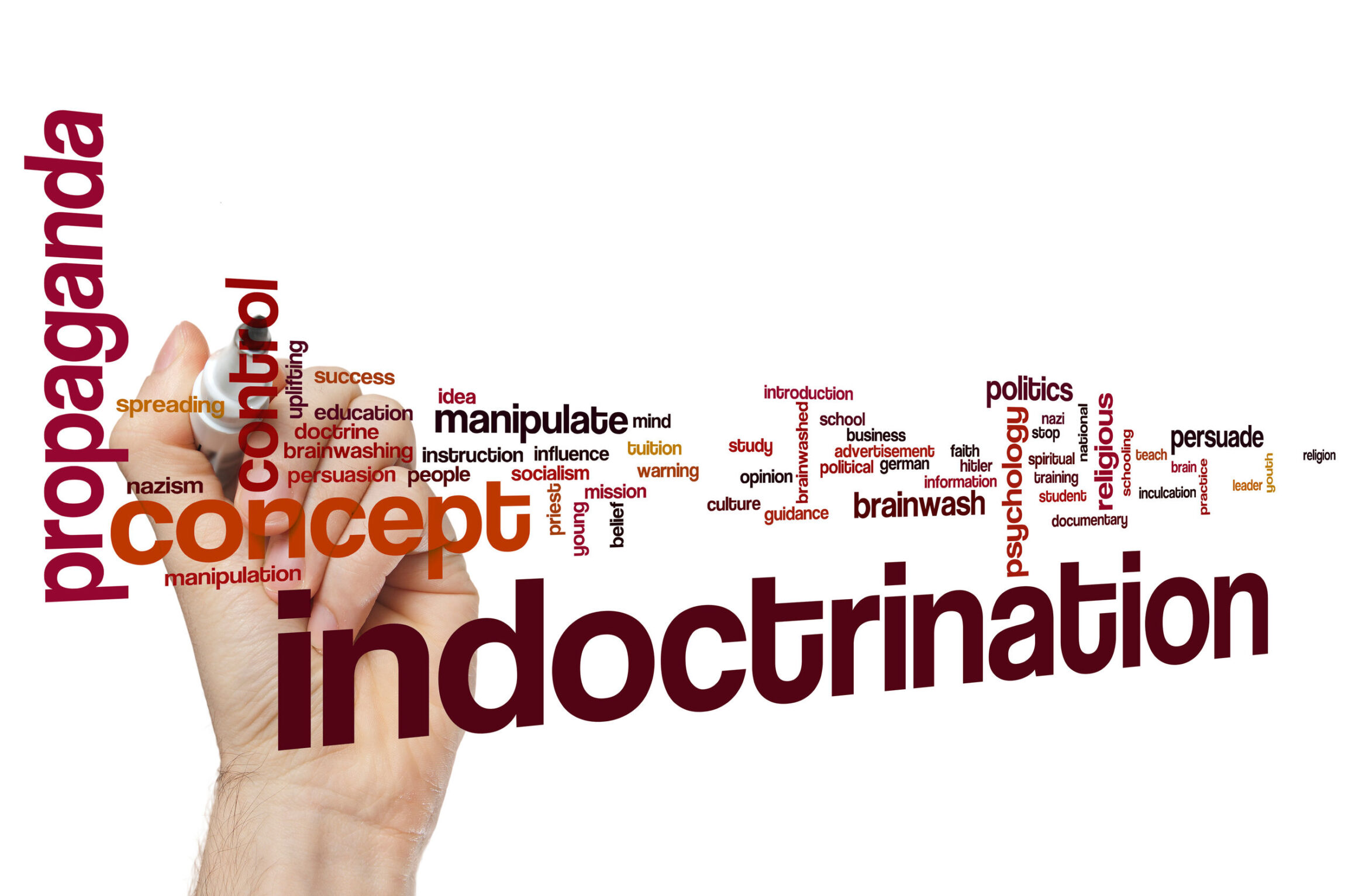An editorial in the Blue Valley Northwest school newspaper recently called for a limitation on religious speech based on – wait for it – the First Amendment.
The student author has every right to that viewpoint, and this critique of the editorial should not be otherwise construed. The content does, however, raise serious concerns about what the district is teaching students about our constitutional republic.
Entitled “Stay in Your Lane,” the editorial begins by taking exception to billboards along Interstate 70 that says, “Call this number and Jesus will save you.” It says, “There is a fine line between trying to share religion and forcing it upon others, and it is a line some Christians love to cross.”
The author says religions other than Christianity account for just nine percent of the United States population, and it is, therefore, wrong for Christians to be “manipulating others based on the rules of [their] faith.” The editorial then makes a horribly disjointed argument that religious expression goes against the First Amendment.
“Although worded differently, the First Amendment calls for a separation of Church and State. Therefore, the involvement of religious bias in lawmaking violates the American people’s right to freedom of religion.”
According to a long-standing body of law, that’s not what the founders meant when they wrote, “Congress shall make no law respecting an establishment of religion or prohibiting the free exercise thereof; or abridging the freedom of speech, or of the press; or the right of the people peaceably to assemble, and to petition the Government for a redress of grievances.”
There is separation of church and state in that Congress cannot establish a national religion or prohibit the free exercise of one’s religion, but limits cannot be placed on the number of religious freeway signs. Her reference to ‘religious bias in lawmaking’ is about a Texas bill limiting abortion that “was greatly supported by many conservative Christians and religious leaders.” The alleged violation is not clearly identified, but there is certainly no prohibition on legislators having religious beliefs.
Is the district’s inclusion statement designed to restrict speech?
Statements made about Christians in the paper are clearly contradictory to Blue Valley Northwest’s inclusion statement, which says everyone “shall be treated fairly in language and action” without regard to race or religion. How can these antithetical positions exist if the district believes in and is accurately teaching what the provisions of free speech entail?

Fair treatment regardless of political and other viewpoints is conspicuously absent from the district’s inclusion policy, which makes one wonder if that is by design. The Sentinel asked district officials if the policy should be amended accordingly, but they apparently don’t think that is necessary, according to Director of Communications Kaci Brutto.
“The statement reflects the thoughts and perspectives of the administration, students, teachers and parents who drafted the statement.”
The district’s message to students and the community is clear: ‘inclusion’ means you can have any viewpoint you wish, as long as it agrees with our viewpoint.
We also asked for the district’s thoughts about a school newspaper calling for limits on religious expression.
Brutto said, “Per the Kansas Student Publication Act that was put into effect in 1992, school administrators, district administrators and board of education members cannot censor or determine content of student-run publications.”
She declined to say whether the district supports or opposes the views expressed in the editorial, saying only that “Questions about the editorial would best be directed to the newspaper sponsor and editors.”
The law may (rightfully) preclude the district from imposing speech restrictions in student newspapers, but that does not absolve district officials of responsibility. The district should at least use this as a teaching moment, but we don’t hold much hope for that. Indeed, officials who don’t believe the freedom to express opposing viewpoints has a place in their inclusion statement are effectively endorsing and encouraging constitutional violations.
This isn’t the first time district officials sanctioned criticism on the basis of race and religion; it’s just the latest evidence that parental choice legislation is the best (and maybe only) hope for students and parents.
When schools choose to promote discrimination on the basis of race and religion, parents who disagree should be able to choose to send their children elsewhere, and they should not be constrained by their ability to pay.



